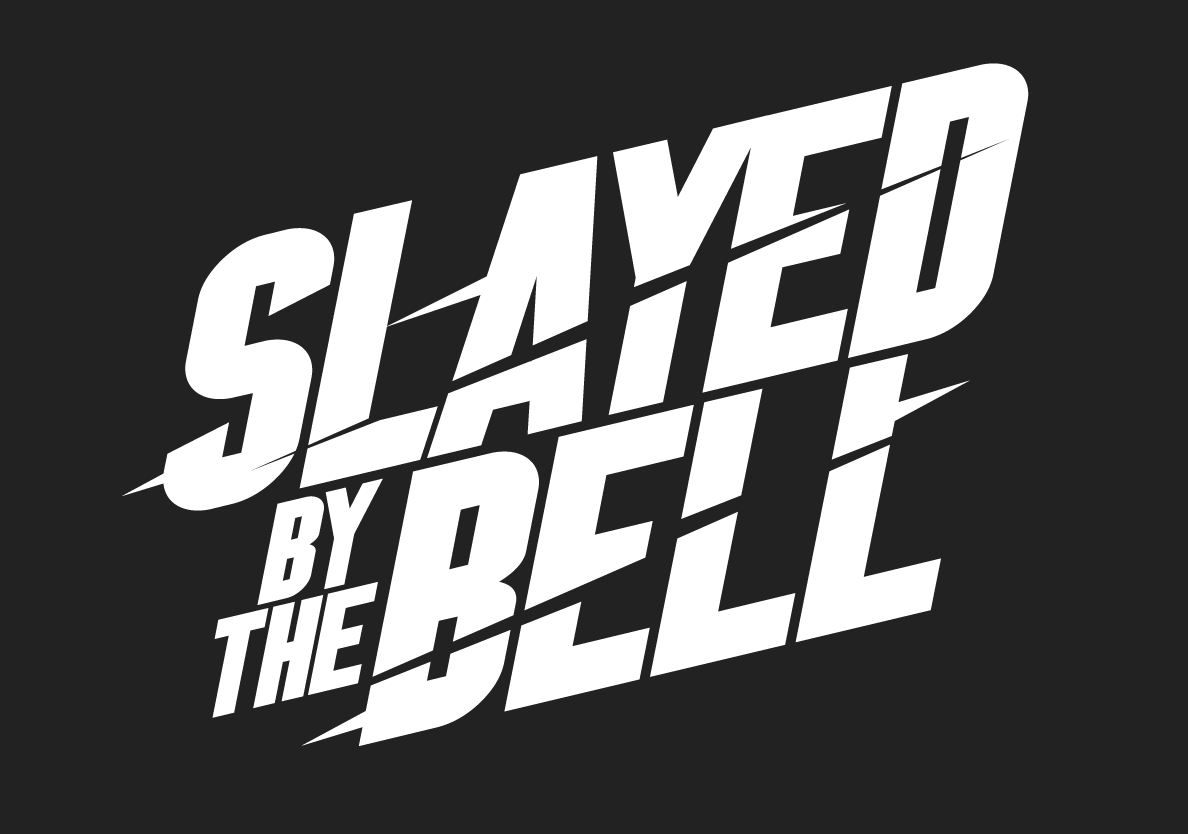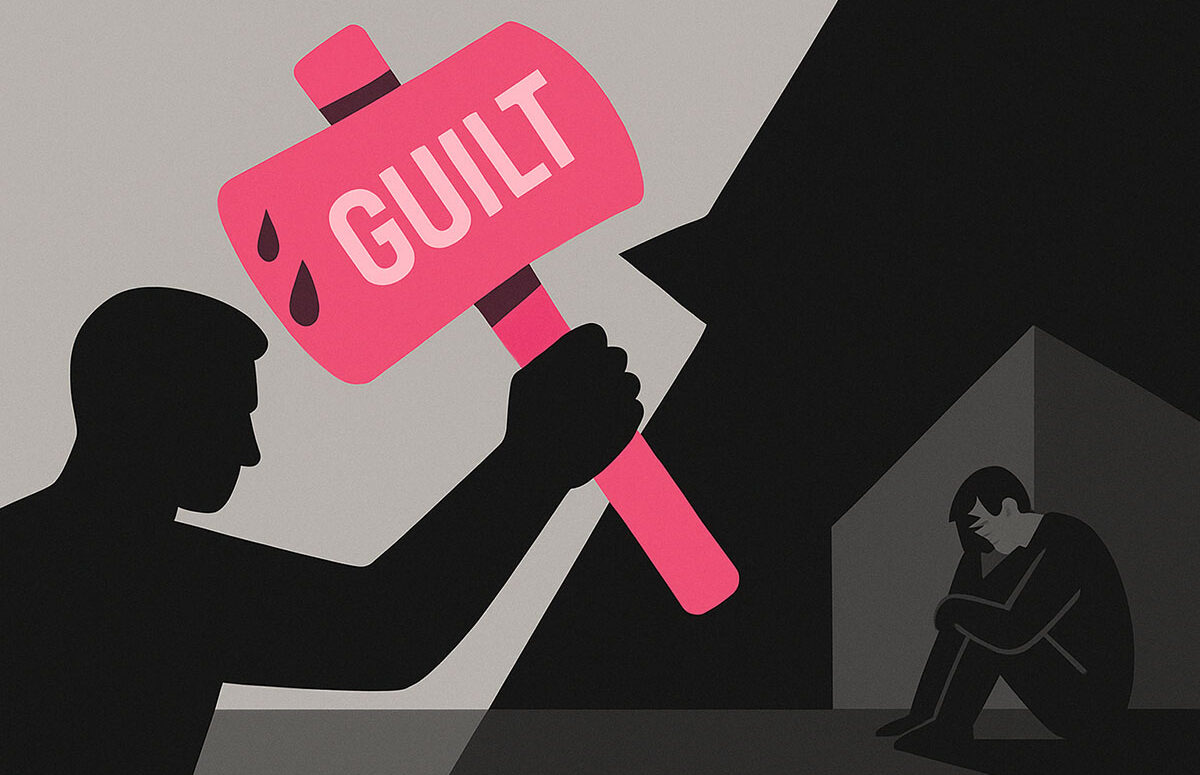This dilemma involves the insidious use of guilt as a tool to coerce those in education, particularly teachers, into sacrificing their own, unpaid time for the “betterment” of the school. This bullshit practice, often disguised as a display of “good will” and an implied expectation, is yet another threat to the well-being of educators and the quality of education as a whole.
Guilt as a Tool in Education
Much like Raskolnikov in Dostoevsky’s “Crime and Punishment,” educators frequently encounter a convoluted web of guilt, skillfully woven by leadership to convey the notion that sacrificing personal time is a virtuous display of goodwill. Don’t be fooled, beneath the facade of commitment to the profession lies a manipulative tool employed to extract unpaid time and effort from educators. Across many educational institutions, leadership subtly deploys guilt as a persuasive tactic, expertly framing it as an indispensable cause for the greater good. Consequently, this practice fosters an environment where teachers feel compelled to give up their time for tasks that should rightfully be compensated.
“Cash rules everything around me C.R.E.A.M. get the money. Dollar, dollar bill, y’all”
Wu TANG CLAN
Roots of the Issue
Several factors contribute to the prevalence of guilt as a tool in education. The overarching pressure to meet academic standards and demonstrate unwavering dedication to the profession has led to the normalisation of unpaid overtime. Additionally, a lack of clear boundaries between professional and personal life, combined with unrealistic expectations, fosters an environment where guilt becomes an effective means of manipulation.
Furthermore, it is imperative to recognise that educational leaders bear a responsibility to set an example of a healthy work-life balance and actively promote it. By fostering an environment that values the well-being of educators and respects their personal time, leaders can contribute to dismantling the culture of guilt-driven unpaid labour in the education sector.
“I don’t care about what brand you are, I’m concerned what type of man you are, what your principles and standards are.”
Mos DEF
Impact
The repercussions of this issue extend beyond the teachers themselves, directly impacting students’ academic experiences. As educators are burdened with additional, unpaid responsibilities, their ability to provide quality education diminishes. This, in turn, affects the overall learning environment and hinders students’ academic performance. And of course, some teachers find it too much and in a nod to Iron Maiden – run for the hills.
Charting a Course for Change
To address this problem, like many of the problems within education, a shift in mindset and policy is imperative. Firstly, institutions must fucking recognise and appreciate the value of educators’ time by appropriately compensating them for extra responsibilities. Establishing clear guidelines and boundaries between professional and personal time is crucial to prevent the exploitation of goodwill.
Conclusion
We really need to sort this! In the pursuit of a healthy education system, it is paramount to acknowledge and rectify the misuse of guilt as a tool to exploit the goodwill of educators. We need a paradigm shift, where teachers are respected, compensated fairly, and not coerced into sacrificing their personal time for the perceived, greater good. As advocates for change, it is our collective responsibility to champion the cause of educators and ensure that the foundation of education is built on fairness, respect, and a genuine commitment to learning. Cry havoc and unleash the dogs of war – for the future of education hinges upon it. Oh, and leave on the fucking bell!

